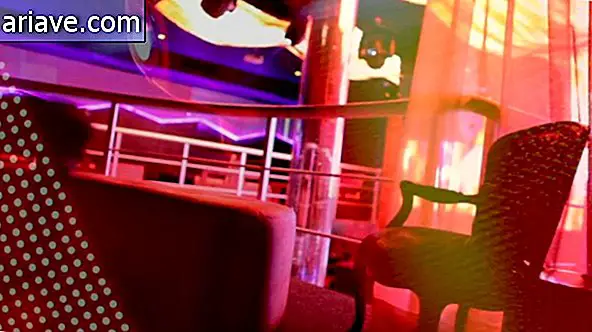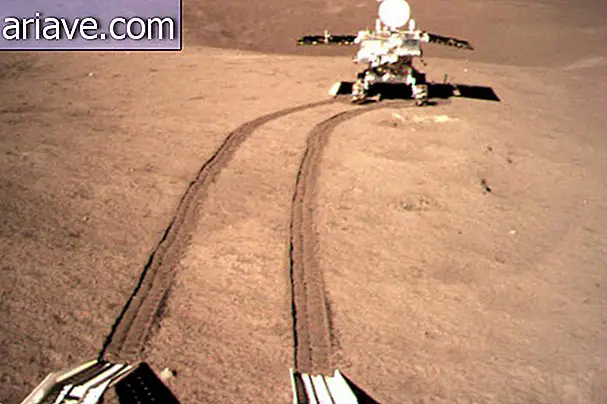Scientists will try to recreate Big Bang and 'nobody knows where this is going'
The quest for the secrets of the universe will earn what many believe will be their biggest chapter in the coming weeks. In Geneva, the European Center for Nuclear Research (CERN) will rewire the largest particle accelerator in the world, and this time twice as powerful as that used to discover the Higgs boson - the elementary particle that gives mass to all the others - one of the greatest achievements in the history of physics.
For experts, pushing the throttle button again will open a new frontier for science. The accelerator, known as the LHC, cost $ 8 billion and took over 20 years to design and build. Today, the 27 km tunnel, which is located about 30 floors below the city of Geneva and part of the French territory, is considered as an example of international cooperation.
By driving protons through the tunnel at record speed, scientists delivered shocks to simulate what would have been the moments after the Big Bang. Four devices have been established to detect the images of these shocks, with up to 40 million photos. The goal was to try to identify the origin of the universe, one of science's most ambitious campaigns.
While confirming Higgs' theory and revealing dozens of other new insights into the origin of matter, the project has frustrated some scientists by not bringing other news to the world of science.
The option in 2012, therefore, was to take a planned break, suspend work, and turn off the throttle. The break would be used for maintenance and to further increase power than was already the largest experiment in physics.
Now, proton collisions will occur at an energy of 13 trillion electrovolts, something never seen in science. The date is not yet fixed, but it would be between the end of this month and April.
The state visited CERN's headquarters in Geneva, only to see the impatience of scientists to return to work on shock analysis. For many, new physics may emerge from these coming weeks and during the three years when the throttle will operate at the projected speed.
"Deep down, nobody knows what to expect. We just know it will be a historic moment, " said CERN director Rolf Heuer. "The amazing thing is that we are opening a new frontier and no one can tell where it will go."
One hope is that the findings will help assemble a puzzle that many consider without a solution: the revelation of the nature of dark matter.
Calculations based on gravitational interactions between galaxies suggest that there is five times more dark matter in the universe than ordinary matter, which forms part of the things that can be seen. The problem is that this dark matter to this day has not been directly detected nor has anyone been able to identify its characteristics.
In repeating the moment after the Big Bang, the goal is precisely to create the conditions for identifying this dark matter. To achieve this, the particles will travel through the accelerator tunnels at a faster speed than light. By colliding, they will create a record energy.
Caution
Frédérick Bordry, head of CERN for the accelerator, made it clear that the world should not expect results in the short term. "Let's not take any chances, " he said. "This year will be used to prepare the machine and the goal is for it to be in full swing in 2016 and 2017."
The information is from the newspaper O Estado de S. Paulo.
By Jamil Chad - Geneva
Via InAbstract











